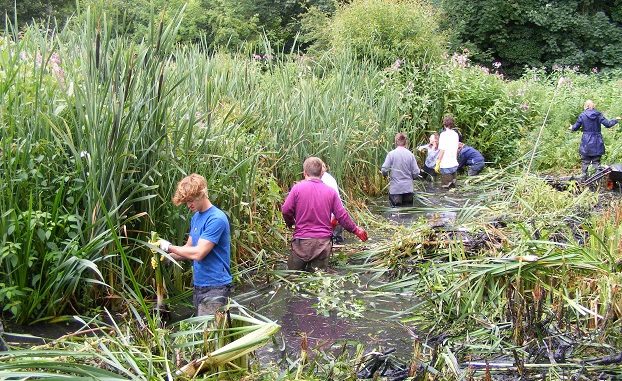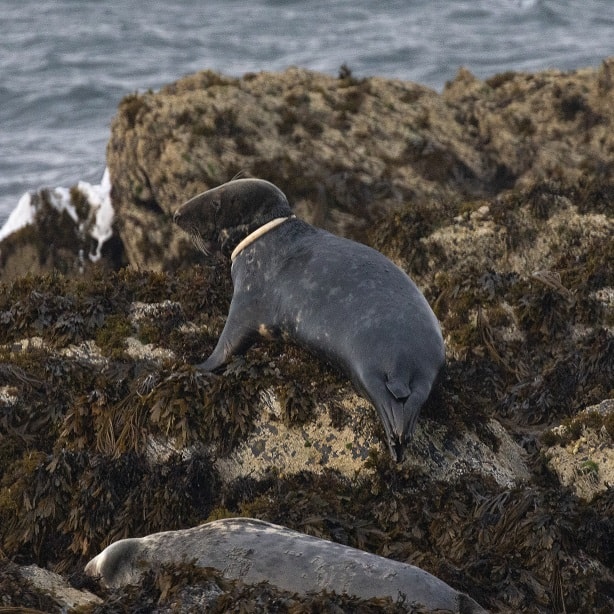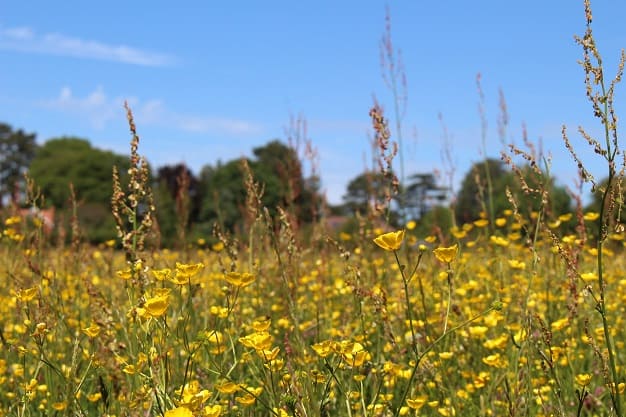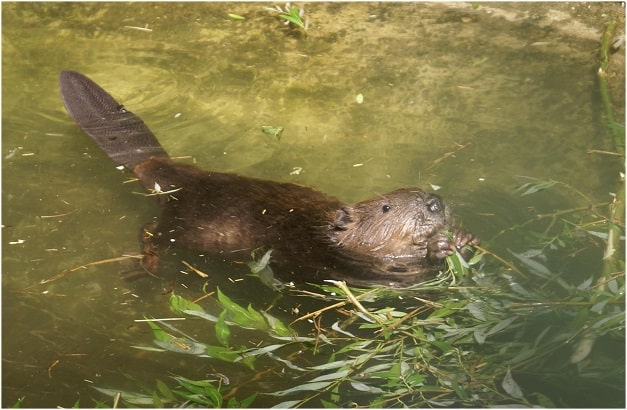
Kent Wildlife Trust is dealing with challenges during the coronavirus pandemic including flytipping at nature reserve sites, illegal shooting and a lack of beach cleans leading to pollution problems, particularly for marine mammals.
Restoring nature in the UK – one of the most nature-depleted countries in the world – has become more difficult during the pandemic, especially with a significant portion of Trust staff being furloughed in an attempt to help mitigate the impact on the charity.
Those that remain in post have found valuable time is being lost due to a rapid increase of illegal activities such as shooting wildlife, vandalism and fly tipping. A total of 13 wildlife trusts across the country -out of 46- have reported vandalism on their sites since the lockdown began.

Vital conservation work has also been put on hold – leading to an explosion of invasive non-native species, deterioration of rare wildflower meadows, stalled wildlife reintroductions and potential loss of species such as dormice from some areas of the country.
Paul Hadaway, Director of Conservation at Kent Wildife Trust, said: “The work of Kent Wildlife Trust is critical. We live in one of the most nature depleted countries in the world at a time when there’s a big public conversation about the importance of nature – and access to it – in our everyday lives.
“People are discovering that they want and need to connect to nature more than ever – they’re finding solace in nature, using our inspiration to help wildlife in their gardens and balconies and educating their children about the natural world.
“Huge numbers of people are enjoying our Wild at Home campaign dedicated to bringing nature to you and your families. But it is local nature – within walking distance or a short bike ride from home – which is particularly important for our mental and physical health at this time.

“As we look beyond this crisis to a return to ‘business as usual’ we hope the public will continue to support us in ensuring that nature remains as valued as it is at the moment and that as a society we protect and respect nature for all it has provided to us over these challenging times.”
Kent Wildlife Trust, which manages some 80 reserves – most of them close to where people live – is at the sharp end of trying to deliver this public service. But these are desperate times for the Trust as income from visitor centres, memberships and fundraisers has crashed but demands of caring for a vast amount of nature reserves are higher than ever before.

There are also concerns over whether the Environment, Agriculture and Fisheries Bills will become law – and enforcement bodies will be in place – due to the current delays.
Kent Wildlife Trust currently expects to lose between £600,000-£800,000 of income over the next six months, affecting its ability to continue all of its work and to care for the nature reserves.
The Trust is appealing to the public to help by making a donation at kentwildlifetrust.org.uk/

